Families in addiction
Over the past few years I have felt more and more moved to work with the families of addicted parents more than the addicts themselves. I am committed to getting the best information I can out there. Particularly for people who are often not well informed as to their issue. There are lots of well meaning publications out there that will tell you that it is progressive disease and other scary ideas that are not always true for your family. You need an effective way to manage this situation and to recover from it.
The effect of addiction on children
All poor and defective parenting has the same effect on the children. It encourages, causes or forces them into the adult arena. In other words they are expected to perform at an adult level even though they are still children.

The family with the issue of addiction is an extreme example of this and everyone who works in the addiction field has heard the story of the child who comes home to find their Mum passed out on the couch and then feels the pressure to ‘become the Mum’ and parent the other children and in some cases Parent the parent. I call this reverse parenting, I’m sure you get the picture, or recognise yourself in this story.
This pressure of developing an idea that you are responsible and must act in situations were you are not experienced and should not be held responsible results in trauma of various strengths.
In the personality there are two major effects or results and they are immediately recognizable. I have seen this sibling formation again and again over the years and I will now offer a definition of these two types.
The Two choices for children of families in addiction
When you are faced with the extreme circumstances of addiction in the family as a child you effectively have two choices. I will describe them in the form of ‘mission statements’ for both below.
“Everything will work out if I get everything I want”
This is the mission statement of the addict. Faced with the prospect of being recruited into a world where they must be continually thinking about the other, they ‘escape’ into utter self centredness. The technical term for this is narcissism.
They create the one place where they cannot be reached. They create a ‘world of one’. They create a place of safety. Like all unhealthy strategies this one appears to offer the perfect solution. The problems only come later as the strategy fails to produce a healthy life and healthy relationships.
“Everything will work out if everyone else gets everything they want”
This is the mission statement of the reverse addict. Faced with the prospect of being recruited into a world where they must be constantly thinking of the other, they choose to take on the task and start to identify with the role. Whereas the addict develops a fantasy life followed by drugs, alcohol or addictive behaviours, the reverse addict escapes into concern. The constant worry and pressure offer lots of opportunities to not think about their own state. This becomes habit forming and addictive.
The effect in later life
The effect of addiction on children as they grow is that they have been placed one way or another into the ‘adult arena’. This often takes the form of ‘reverse parenting’ when their parents do not fulfill their responsibilities to the children. Often in my work I meet adults who started looking after their siblings when they were only seven or eight years old.
So we now have the narcissist and the co-dependent. The addict and the reverse addict. I will go more into brain chemistry and the way these things affect choices at another time. For now I want to explain to you more of what you will see when you witness these personalities.
The addict personality has been well covered many times and so my concentration here will be the reverse addict or co-dependent. One of the biggest influences on their personality is the way ‘acting grown up’ eventually replaces ‘being grown up’. Circumstances made them responsible for things they did not have the experience or the maturity for..
The Hermeneutic of addictive relationships
In many ways this bifurcation of the two types is indicative of their future, and their future partners. The two types will ‘find’ someone from the opposite group to form a serious relationship with. In this way the addicts will partner with the reverse addicts and vice versa. And what a perfect fit!
In this type of relationship it initially feels to both parties that they have found perfection. The narcissist gets someone who seems happy to completely subjugate themselves to their cause, whilst asking for nothing in return. And the reverse addict gets someone who not only gives them a full time caring role, but always takes centre stage and never puts the spotlight back on them.
The unhealthy aspects of the addicts relationship
If only this worked long term! Everybody would be happy and no one would be in need of recovery! Unfortunately like any other unhealthy strategy it offers a quick fix but fails in the long term due to the side effects of this fit. Do not mistake a good fit for a healthy fit. There is no balance here. There is no intimacy because there is no vulnerability. Any conversation of any importance is usually had ‘under the influence’ and often leads nowhere.
Eventually the novelty wears off and both parties learn to protect themselves behind a resentful layer of self justification. Years of relentless selfishness has worn away the genuine caring of the codependent. The addict has long since learned to totally take their partner for granted. It is important to understand that these relationships are not only completely unhealthy but actually get worse over time. As a tendency in one fits with an opposite tendency in the other. These ‘tendencies’ slowly strangulate into extreme positions that cannot be maintained without serious mental health implications.
The more he behaves like a child the more she feels she has to become the parent. Or in the other formation where the addict is the female, the more irresponsible she behaves the more he feels he has to be responsible for the whole family.
There are many helpful articles on the nature of narcissism, but what can help more is an understanding of how people fit together in relationship.
The only way to authentic recovery is to outgrow your difficulties
These are serious issues and I see them again and again in my work. But they can be overcome! You can recover! It takes a commitment to growth and personal development and cannot be acheived through regular counselling sessions. You need expert and experienced support which is long term and as committed as you are.
In some cases people split up, but not always. In most cases the partner is our best teacher in that we learn best in the circumstances of the relationship. When we have the right support and guidance. We learn to use our difficulties to grow.





0 Comments